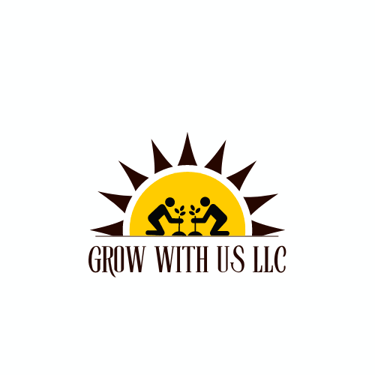SOIL TESTING: Should you do it?
An instructor once told me that people don't farm crops, they farm soil. What this means is that the key to successfully growing crops is to know and care for your soil. The type and condition of your soil determines the nutrients your plants receive, how often you must water, the stability of your crops, and the type of life forms that will be supported by your soil. Where I live, soil tends to be clayey. I could plant my crops and flowers based on the norm for my area, but guess what? My soil is sandy. My crops have different needs from those of my neighbors with clayey soils. My pH is different, my nutrient levels are different, and so on. So why should we guess when we can set myself up for a success by getting a soil test?
Understanding Your Soil: Setting Yourself Up for Success
While you may be tempted to plant based on regional guidelines, remember that your soil has unique characteristics that affect your plant health. You should read the blog post on microclimates sometime, as it addresses situations that may impact your soil's nutrient levels, water needs, and more. Different soils contain varying nutrient profiles, and a soil test will reveal what nutrients—like Nitrogen (N), Phosphorus (P), and Potassium (K)—you may be lacking. Each of these nutrients plays a vital role in plant growth, which we'll discuss in a different blog post. You may need to amend your soil appropriately to ensure that your plants are getting what they need.
One of the grower’s mantras that you will hear me repeat time and time again is, “The right plant for the right place.” Now, I will admit that I have some plants in my yard that shouldn't be there, but in my defense, I planted them before I knew better. I was on a mission to save all the wilted plants from the big box stores; some flourished while others, not so much. From personal experience, I can say that if you put a plant in a place that supports its growth, it is likely to thrive much better than one that requires extensive adjustments to the growing space.
That brings me to pH. My soil has a natural pH of 7.1, according to my soil test. I love blueberries, but they would not thrive in my soil because they require a more acidic environment, while mine is neutral to slightly alkaline. So what are my options? I can either plant them in a container and amend that soil, or I can find another plant that meets my needs better.
Let me share an experience I had this summer. I planted some crops both in a container and in the ground to see what would happen. I treated them the same way, and guess what? My plants in the ground suffered because my sandy soil required more water. This leads me to the topic of water retention: some soils retain water and nutrients better than others. My sandy soil tends to leach water and nutrients while draining very quickly. Knowing this type of information about your soil helps you understand how much water you may need and how often you should water your plants.
Finally, soil tests may give you insight into the biological activity of your soil. Not seeing any earthworms or beneficial microbes? It's time to find out what's going on with your soil's biological health.
Setting Yourself Up for Success
Why guess when you can be certain? Soil testing is easy, and your local extension office and garden centers can generally guide you on how to complete them—or even do it for you in some cases. Soil test results allow you to make informed decisions about amendments and strategies for your growing area. You’ll feel good knowing that you’re cultivating a thriving garden that meets your soil's specific requirements, rather than planting seeds blindly or based on general norms.
By focusing on your soil health, you are investing in the future success of your growing space, and your plants will thank you for it. So grab that soil testing kit or give your local extension office or garden center a call. Happy growing!
Resources:
Links for locating an extension office in Ohio
Types of Soil youtube Video- AgriLife


